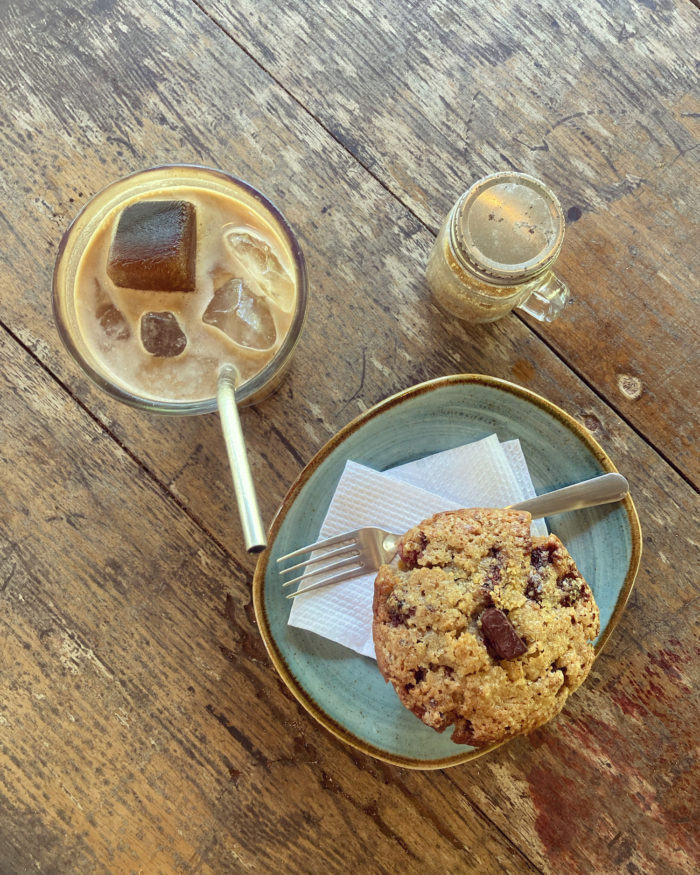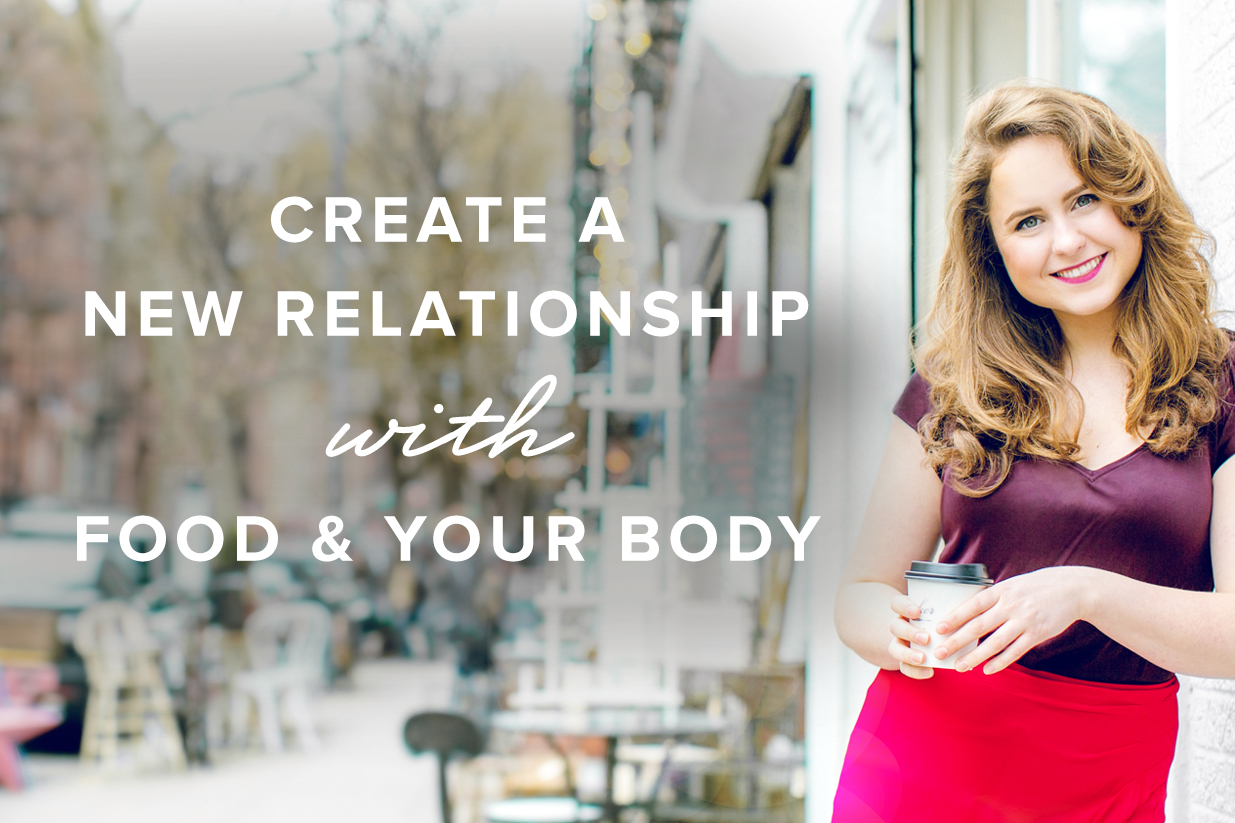Are Bigger People Always Bigger Eaters?

If you have a bigger body, most people assume you eat a lot.
If you’re smaller, most people assume you eat light.
Some people even assume that people with bigger bodies are out of control or gross…
… while slimmer people – especially women – are often viewed as more controlled and feminine.
These ideas are ingrained in many of us.
Thankfully they’ve neutralized a lot in the past few years, but I still notice them quite a bit.
If you think this way, it doesn’t mean you’re a bad person – it just means you have unlearning to do, like most of us.
We need to deconstruct the idea that a certain way of eating is automatically linked to a certain body type or personality.
It’s incorrect, and potentially harmful.
There are plenty of overeaters who are underweight, and undereaters who are overweight.
Think about someone you know who’s really thin but eats junk all day, and someone who’s large but eats really healthy.
I can think of multiple examples, both male and female.
The truth is that there’s no definite link between food consumption and body size, and more importantly, no direct link between food consumption and morality.
We as humans are so much more nuanced than how we look and what we eat.
It’s not about eating more or less.
The idea that you should eat less if you want to lose weight and more if you want to gain weight can distract you from your body’s built-in signals.
We are highly intelligent mammals. We do not need a diet plan.
In fact, when you’re trying to count calories or macros you can lose sight of your natural hunger and fullness signals.
So what should you do?
Eat the amount your body is asking for, until you’re comfortably full.
Focus on chewing, pausing, breathing, and noticing how different foods make you feel.
I don’t believe you need to leave yourself 20% hungry, as some approaches recommend, and I also don’t believe it’s healthy to eat beyond comfort.
Slowing down can help you identify the sweet spot where you’re completely full but still comfortable.
Eating beyond that point is just uncomfortable, and can block energy and vitality.
The key to feeling good in your body is honoring your vessel from moment to moment.
This is not always easy.
The brain makes demands, the body whispers truth.
To hear and honor that truth, you have to let go of labels.
Rules must be released, so that the tension between you and food can dissipate.
So that there’s nothing to rebel against via ice cream consumption… because you can have ice cream whenever.
So that you can…
1. Let your body be the ultimate decision-maker.
2. Honor your hunger fluctuations.
3. See cravings as clues instead of monsters.
… and ultimately, stop making food mean anything about who you are.
It’s about allowing food to nourish, fuel, and delight you, without letting it define you.
The human brain is complex.
We don’t always have control over the assumptions we make and our subconscious motives.
What we can do is notice them as often as possible, and choose to pivot back to truth.
Let’s agree to stop assuming that bigger people are bigger eaters, and that smaller people are lighter eaters.
Let’s agree to release the idea that food is a moral thing.
Let’s respect our bodies, honor our intuition, and enjoy food.
When we desire to feel differently in our bodies, let’s follow our unique design instead of looking to another diet or “lifestyle” that promises to fix us.
When you stop seeking answers outside of yourself, true healing happens.
That doesn’t mean you have to do it alone, in fact, I don’t think anyone is meant to fly solo all the time.
Trust yourself to be guided toward the support you need… and say yes when you see it.
XO,
Lula





So insightful and reminder for us to always check our conditioning.
Thank you so much! XO